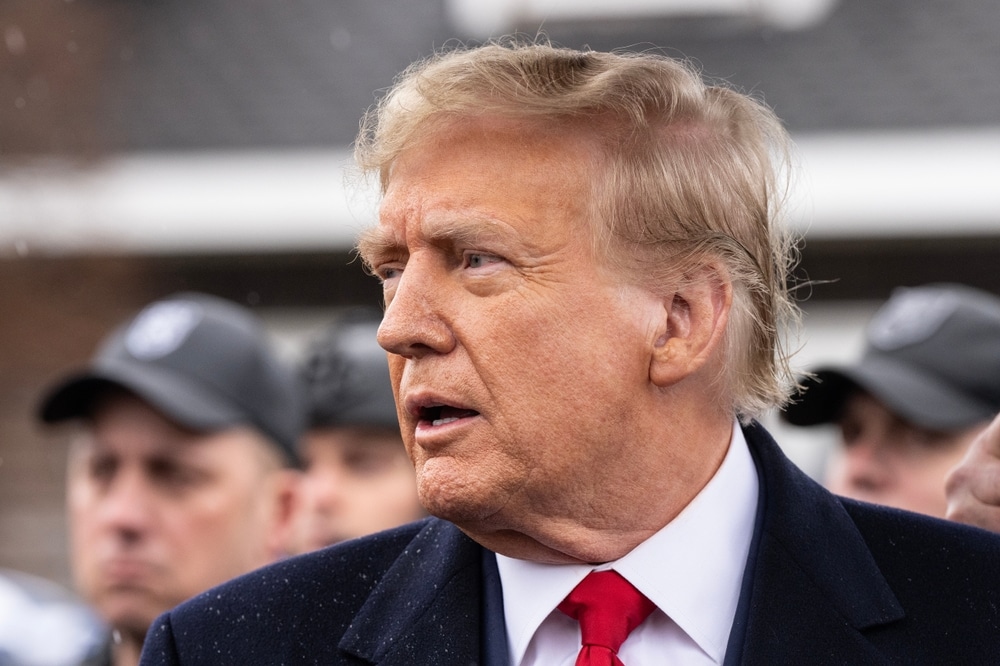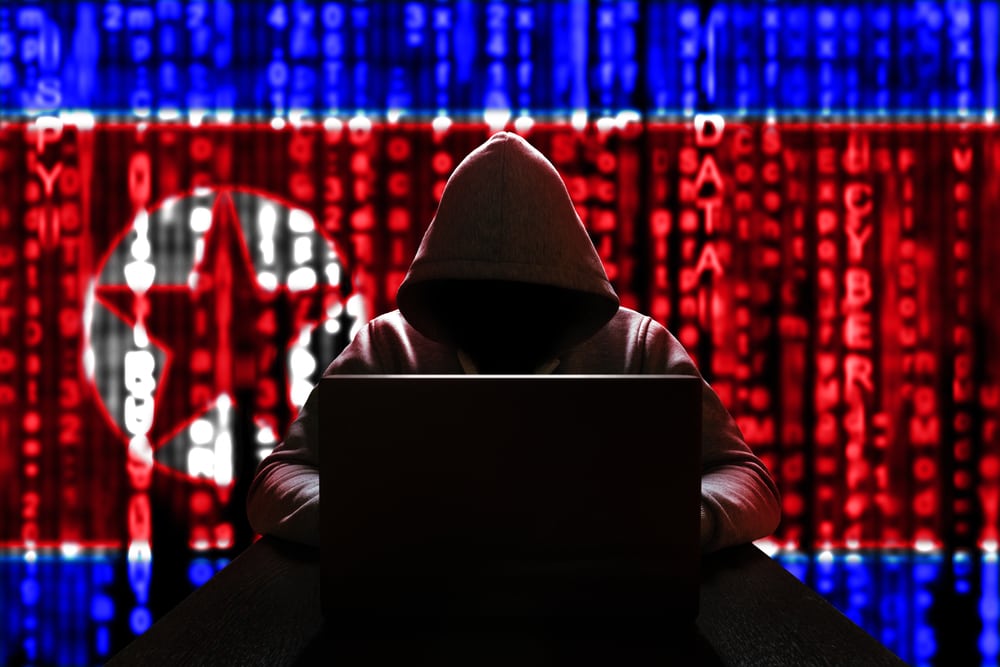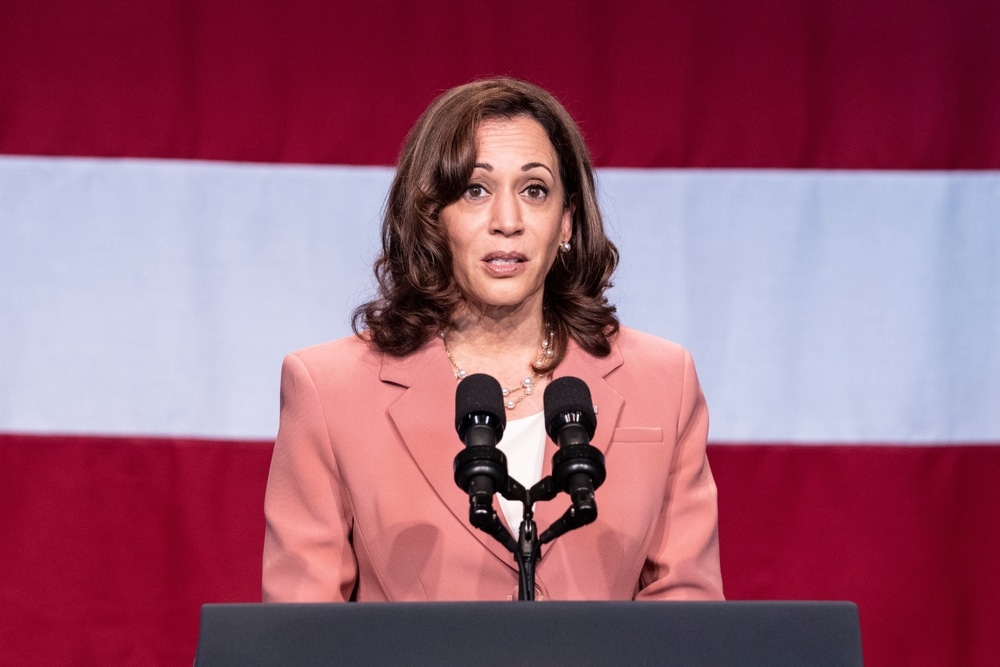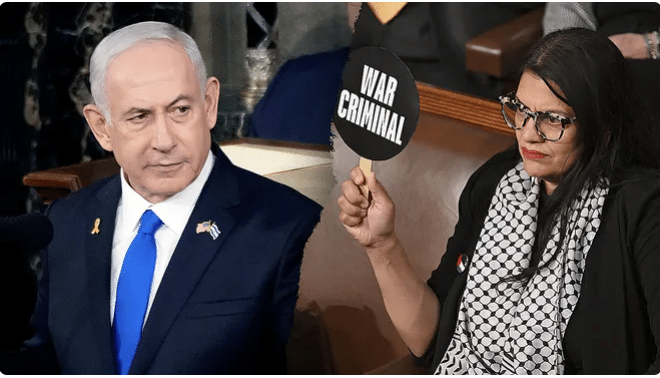North Korea’s successful test launch on July 12 of a nuclear-capable intercontinental ballistic missile equipped to penetrate U.S. missile defenses is most likely the result of technical cooperation sourced to Russia, according to a new think tank report first obtained by NBC News.
The Hwasong-18 missile’s physical dimensions and its flight trajectory data appear “nearly identical” to those at of Russia’s Topol-M ICBM, says the report, authored by Theodore A. Postol, a professor emeritus of science, technology and national security policy at the Massachusetts Institute of Technology.
The report was written for Beyond Parallel, a project sponsored by the Center for Strategic and International Studies, a defense think tank. The new missile represents a sudden and significant advancement of North Korea’s ballistic missile arsenal, according to North Korea’s own pronouncements confirmed by U.S. officials.
The rocket is solid-fueled, making it harder for Western intelligence to detect than liquid-propellant ICBMs. The test last month, observed by North Korean leader Kim Jong Un, was the first successful launch of a solid-fueled ICBM. The test also demonstrated the Hwasong-18’s ability to deliver multiple thermonuclear warheads as far as Washington, the report said, and deploy decoy canister countermeasures to evade U.S. missile defenses.
“The sudden appearance of these advanced capabilities is difficult to explain without cooperation from the Russian government and its scientists,” Postol wrote.
Russia’s supplying North Korea with such capabilities would mark a significant escalation of the growing military cooperation between the two countries, as well as violate U.N. Security Council resolutions signed onto by Russia prohibiting support for North Korea’s ballistic missile program.
The U.S. has accused North Korea of supplying Russia with munitions to support its war in Ukraine, with North Korea receiving food and energy from Russia in return. The Treasury Department announced new sanctions this week targeting three entities tied to a network trying to avoid U.S. sanctions and support arms deals between the two countries.















